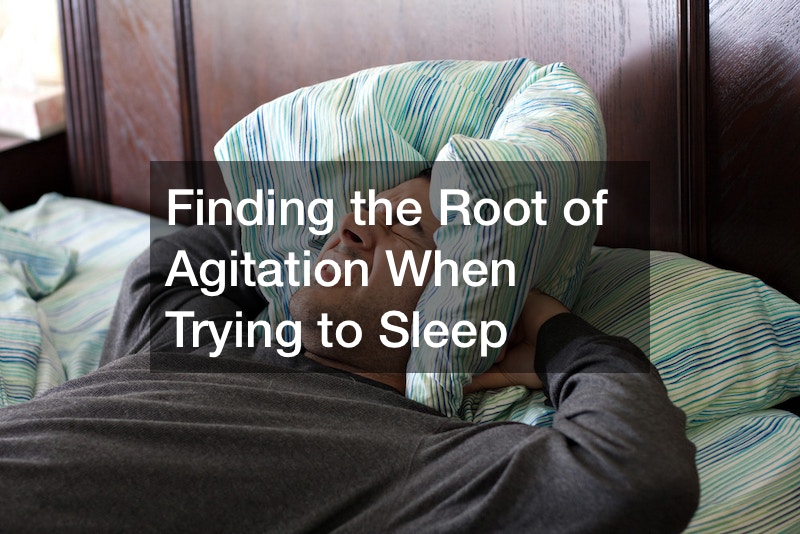Agitation when trying to sleep in is another prevalent reason that causes agitation during attempts to fall asleep. Jaw pain can result caused by clenching, or connective tissue conditions. It can also indicate some other medical issues, such as ear infections, migraines and sinus infections. Treatment for severe jaw pain typically includes exercises for the jaw, ice packs, and other over-the counter pain medicine. The use of a mouthguard is to avoid grinding your teeth. Consult a doctor or dentist should the discomfort continue or gets intense.
There are various reasons that for experiencing jaw pain. But most typically, pain triggers you the jaw to tighten. It can lead to an unending cycle of tension and pain, making it challenging to sleep and get enough sleep. There are a variety of ways for easing jaw pain and improve your sleeping. You can relax the jaw muscles by applying warming compresses, massage your neck, or jaw. If you are still experiencing pain the patient may have seek the advice of your dentist or physician for dental treatment. This simple guideline can assist you in getting the relief you’ve been looking for.
Chronic painful
The cause of chronic pain is usually because of joint or nerve disorders like endometriosis, migraines, arthritis, and fibromyalgia. The chronic pain can be painful, making it difficult to carry out daily activities. Chronic pain can be very intense, and can hinder your ability to sleep soundly at late at night. If you do not treat persistent pain, it could result in more sleepiness and anxiety. If you’re struggling with persistent pain, you must that you seek treatment from a medical professional as soon as possible. Several effective arthritis treatments include medication, as well as physical therapy, could assist you in relieving bodily pain and improving your life’s quality.
There are many things you can take to reduce persistent pain as well as improve your sleeping quality. It’s crucial to know the importance of fin
6dl8nsy1mk.
